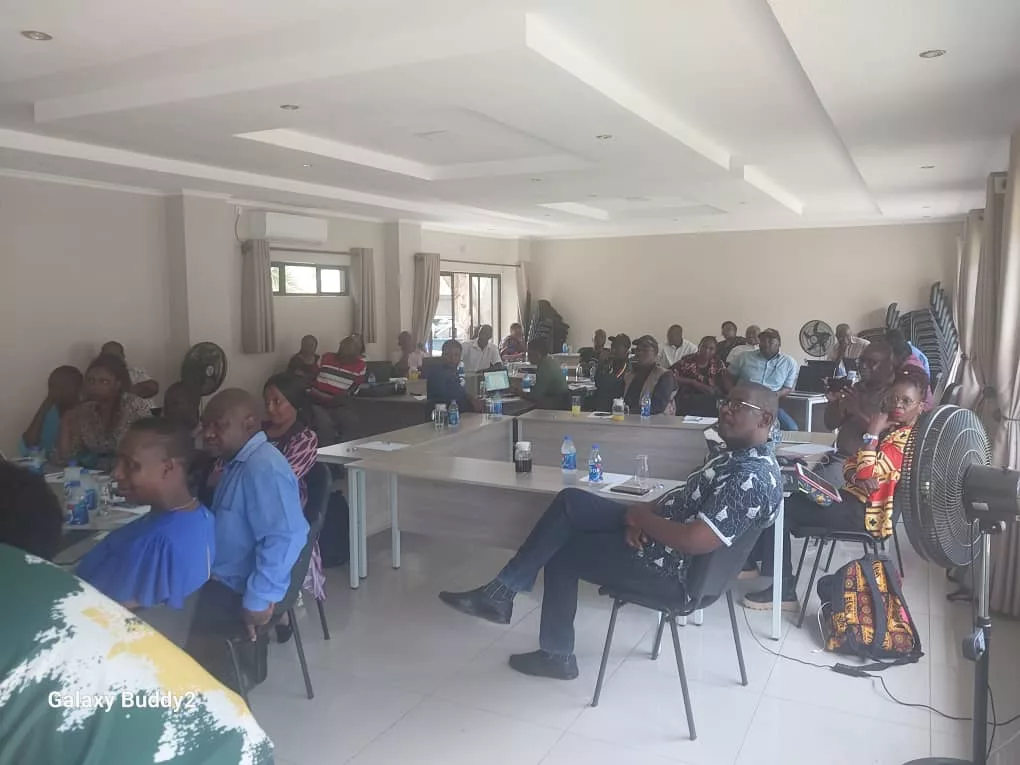|
Getting your Trinity Audio player ready...
|
Writes Chimeno Azriel
In an endeavor to strengthen climate change education in Zimbabwe, UNESCO is supporting the Ministry of Primary and Secondary(MoPSE) to develop learner guides for primary schools’ curricula to strengthen climate change, disaster risk reduction, and education for sustainable development.
This came to the fore during a workshop that kicked off on Tuesday and is ending on Thursday at Sky Lodge in Kadoma. Running under the theme: ‘Getting every learner climate ready’, the workshop brings together educators, experts, and curriculum developers to enhance the curriculum drive. It aims to enhance the integration of Disaster Risk Reduction and Education for Sustainable Development into the National curriculum.
Climate change is one of the most pressing issues of our time, and education plays a critical role in addressing this global challenge. By incorporating climate change education into the curriculum, educators can empower students with the knowledge, skills, and values needed to mitigate its impacts.
The 3-day workshop is part of UNESCO‘s ongoing efforts to support climate-smart schools in the country.
Speaking to the Programme Officer with UNESCO Dr Charles Chikunda, he said they are excited to partner with the Ministry of Primary and Secondary Education on this critical initiative.
“Climate change education is essential for empowering the learners to become active agents against climate change, We are excited to partner with the Ministry of Primary and Secondary Education on this critical initiative.
“As UNESCO, we are excited to support the Ministry in a whole system approach involving policies, greening schools, and enhancing climate change in the curriculum. We will also involve communities and encourage them to become climate-smart,” Dr. Chikunda said
Speaking on the same occasion, the Director of the Community Capacity Building Initiative Centre for Africa ( CCBICA), Mr Rodreck Dick, said UNESCO’s initiatives in fighting climate change are recommended as they will empower educators and learners to take action against this global threat.
“By integrating climate change education into the curriculum, we can inspire young people to become active citizens and leaders in the fight against climate change,” Mr. Dick said.
UNESCO is helping to ensure that learners and teachers are equipped with the knowledge, skills, and values needed to address the challenges of climate change by focusing on Disaster Risk Reduction and Education for Sustainable Development.






